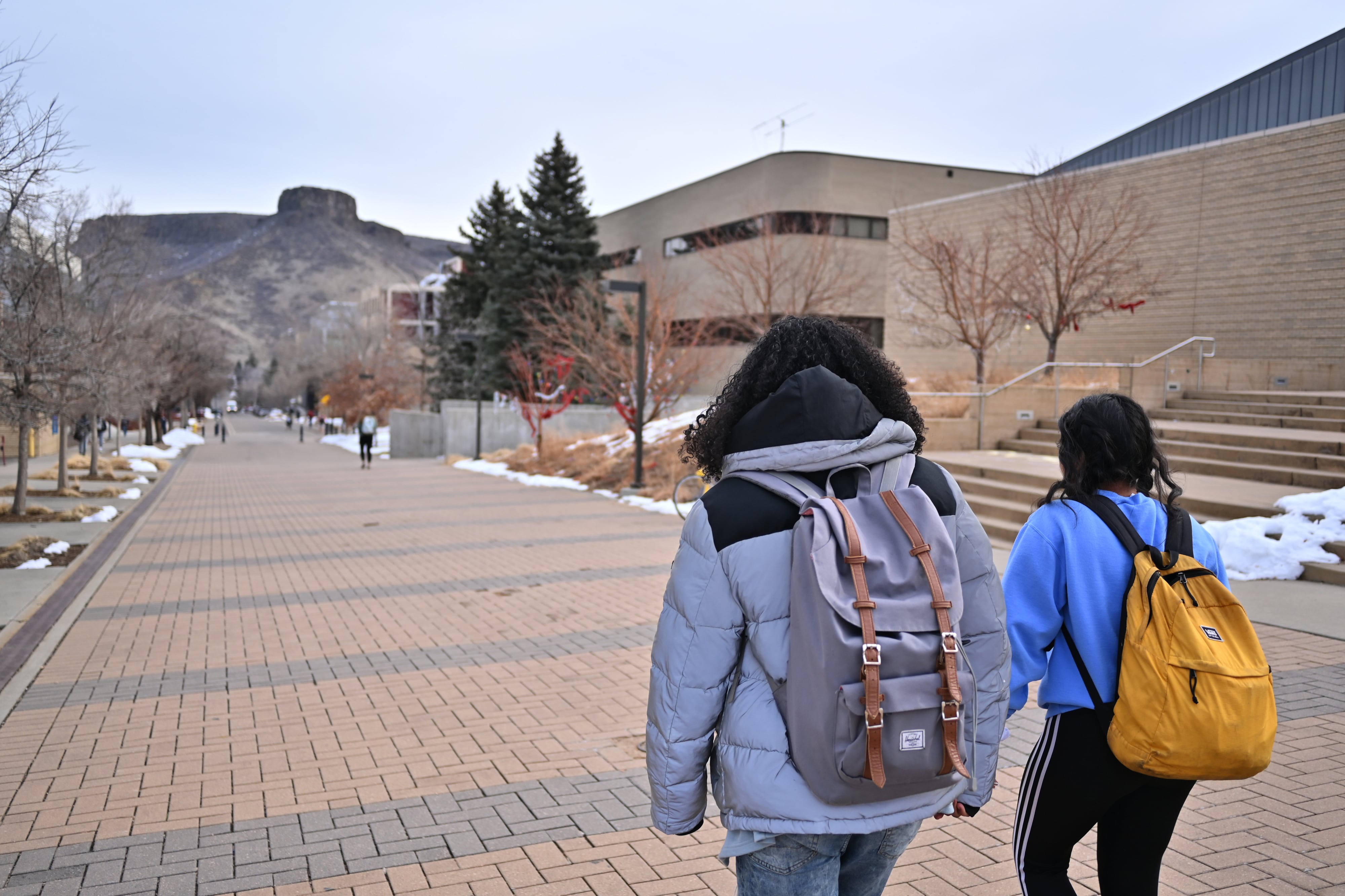The Colorado School of Mines, a public science and engineering university in Golden, could soon mint math, science, and computer science teachers.
On Wednesday, the State Board of Education unanimously approved the university’s plan to offer teacher preparation in four areas: secondary science, secondary math, middle school math, and K-12 computer science.
The creation of a teacher preparation program at the highly regarded engineering school has been years in the making and could help beef up Colorado’s teacher pipeline in chronic shortage areas. The new program will also give the university’s 7,400 students more professional options.
“Our surveys find that almost half of Mines students have an interest in teaching,” said Wendy Adams, director of the Teach@Mines program. “Not all of those people, of course, are going to pursue it, but they’re interested and so we just need to give them that option.”
She said when the program ramps up, she expects it to produce 20 to 30 teachers a year, mostly in science and computer science. Students will be able to complete the required education coursework and earn a state teaching license as part of a bachelor’s or master’s degree program.
The School of Mines teacher prep program comes at a tenuous time for the education workforce.
Nationwide, the pool of prospective teachers has been shrinking for over a decade as enrollment in teacher preparation programs has declined. Plus, teacher turnover rose in several states after years of pandemic-related stresses, according to a recent Chalkbeat analysis.
“The way we see it we really have a responsibility to the state to offer teacher licensure because there’s 7,000 students at Mines, some of the best STEM students in the state, and to not provide them a pathway to become a teacher is basically removing them from the pipeline,” Adams said.
The university’s journey toward teacher preparation began in 2015. That’s when it partnered with the Greeley-based University of Northern Colorado, which runs the state’s largest teacher preparation program, to provide a route for Mines students who wanted to teach.
Students would complete science and math coursework at the School of Mines and take most teaching classes online through the University of Northern Colorado. Twenty-two students completed the program and earned teaching licenses before the program ended last year.
Adams said the partnership was good, but tricky.
“There were just so many different competing things from an administrative perspective that it didn’t function as well as it could have,” she said.
School of Mines leaders decided to bring the teacher preparation program in-house a few years ago. The university began offering education courses in 2019 and now offers the full menu of options. The State Board vote on Wednesday means that Mines is now a state-approved teacher preparation program and that those who complete it are eligible for teaching licenses in Colorado.
Adams said about 85 Mines students are enrolled in one or more education classes at the university, with about half of those seriously interested in becoming teachers.
She said she knows of Mines students who’ve done computer science or engineering internships but haven’t found the work satisfying.
One student, she said, worried that his computer science specialty would most likely lend itself to a job in the weapons industry.
“He doesn’t want to do that,” she said. “He wants to help people and help students so he’s going to be a teacher.”
Ann Schimke is a senior reporter at Chalkbeat, covering early childhood issues and early literacy. Contact Ann at aschimke@chalkbeat.org.






